#cannibalism discourse of 2023
Text
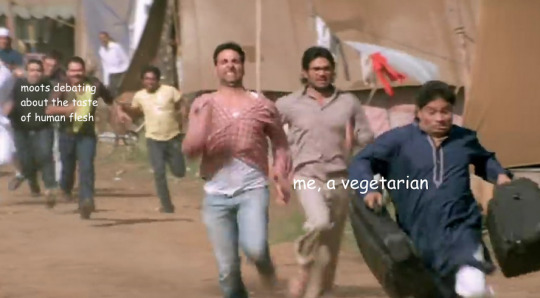
@kuhuchan @waywardmorgann @remen-nyoodles @the-one-and-only-aroace
#please stop omg#the smoothie was a joke#it was a fkn joke#shitposts#desiblr#cursedblr#cannibalism discourse of 2023
65 notes
·
View notes
Text
RIP Alastor from Hazbin Hotel († 1933), you would have loved the Twitter cannibalism discourse of December 2023
288 notes
·
View notes
Text
Let me be an enlightened centrist and make everyone mad by saying that gatekeeping is not, like, universally good or bad. I'm not going to take you seriously if you use words like inclusionist or exclusionist in 2023. One side is morbidly obsessed with weeding out "invaders" to the extent that they end up self cannibalizing and forcing people to pour their hearts out to prove they're sufficiently oppressed. At the same time some anti gatekeeping discourse depends on reading endless malice and aggression into any attempt trans women make to stick up for themselves (getting mad at the term TME? Really?) or taking it as an egregious personal insult when people say that some people are the overt targets of state violence right now and others not so much. Let's not forget that being unambiguously "queer enough" MIGHT get you Tumblr clout but won't do you any favors in the real world.
105 notes
·
View notes
Note
just read through your yellowjackets takes and i really resonated with your thoughts about it + why it feels so conceptually hollow (i think it’s an perfect 2023 tv show in that it’s a hollow exploration of girlhood with no substance to it) but i was wondering if you’ve seen bones and all + if you have any thoughts on it? the book was solidly bad but i the adaptation to be an incredibly beautiful movie visually, and while i think its understanding of what it actually has to say about cannibalism is shaky at best (i really think the movie did the best it could with the source material) i felt like its translation of cannibalism into a language of desire and violence thus linking them together was incredible. sorry this is so long winded but i feel like you’d have interesting things to say about it if you’d seen it!
i agree that 'bones and all' has a central problem of not knowing what it's trying to say with its cannibalism. there are a handful of different things going on, where it's alternately a metaphor for love, appetitive desire, hereditary 'mental illness,' addiction, and poverty. that's a lot. although you could theoretically do something interesting with virtually any of these—for example, there's an established literary tradition of using explicit cannibalism as a stand-in for implicit homosexuality or incest, both angles the film gestures at—if you actually tracked the metaphor as used in 'bones and all,' you would immediately run into the issue that its cannibalistic hunger is inborn, inescapable, and inherited. i don't really see a way to use this premise without just producing essentialist discourses about whatever theme you choose to lean into, which is at best boring and at worst reactionary.
there's definitely some attempt to explore the idea of violence-as-love, or vice versa, which is not uninteresting to me (<- guy who just read the locked tomb series) but i think is at its best in the flashes we get of parental violence, esp with lee's father. there's also an essay you could pull together here about 'bones and all' and cormac mccarthy's 'the road' as interpolations of the american travelogue that ultimately fail to transcend the epistemic parameters of the genre in any way. ultimately this is largely because they invoke cannibalism as signifying a loss, breakdown, or absence of civilisation, but they seem to have limited and varying degrees of awareness a) that this is what they're doing, and b) that this means grappling with a whole set of colonialist discourses that consequently pretty much go unremarked on.
i did like some of the cinematography, although it must be said that the dialogue struggled (like, how many times did a character say "i don't want to talk about [x]," only to be asked one follow-up question and then launch into an expository monologue about [x] lmao), which didn't do the actors any favours. i don't know the source material so maybe this is just inherent to it, but to be honest, i kind of think the whole lee/maren romance was the least interesting part of the film and the focus on it just ended up getting in the way of any more substantial thematic development in the script.
44 notes
·
View notes
Note
would you believe me if i told you people on twitter are for some reason having cannibalism discourse?
like why are we having discourse about cannibalism?
cannibalism is bad and not normal and anyone who says it is needs to seek help, idc if you are a auto cannibal or have cannibalism thoughts, seek help if you actually believe it’s ok to eat people
Cannibalism in fictional works is fine, but the practice of it in real life is fucked up.
Holy shit.
If this is how we are ending 2023 with people thinking this is okay, I fear for 2024.
8 notes
·
View notes
Text
richard siken suddenly becoming a twitter user post x-rebranding to engage in cannibalism discourse and thirst tweet about hugh dancy was not on my 2023 bingo card
4 notes
·
View notes
Text
Richard Siken engaging in cannibalism discourse was not on my 2023 bingo card
4 notes
·
View notes
Text
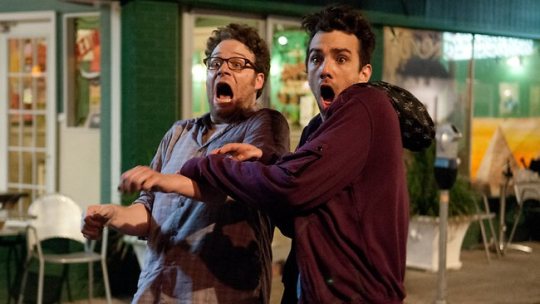
At MIFF this year I saw Hello Dankness, the new film by Soda Jerk, which won several festival awards. Using Soda Jerk's signature pop-piracy sampling style, it draws heavily on American film and TV depictions of 'the suburbs' to stitch together an account of the US's post-truth journey into the heart of dankness, from the 2016 presidential elections onwards.
As their artist statement says, "We tried to scream, but all that came out was a meme."
It was literally the first time I had thought about the "dicks out for Harambe" meme since 2016.
Hello Dankness quite extensively samples This Is the End (2013), which left me with a hankering (a dankering?) to watch the film. When I saw it pop up on Stan last night, I thought, "Now's the time."
I missed the film when it was new, because there was a preview screening clash where two screenings were scheduled on the same night, and I chose the Pacific Rim screening instead (a film with which I became obsessed).
It's such a fascinating time capsule of the Apatovian heyday of gross-out 'manchild' and 'stoner' comedy. At the time it was mostly hailed as a self-indulgent minor entry in a subgenre already running on fumes.
But when I rewatched it last night, I was struck by how fresh and culturally relevant it still feels. Has public discourse just got danker over the past decade?
There's a whole act in the middle when the narrative momentum sags as the central group of frenemies barricade themselves in James Franco's house. But now to me it reads like the Covid-era lockdown malaise, when an initial fun buzz ("let's do all the drugs!" "let's make Pineapple Express 2!") gives way to boredom, bickering and a sense of mounting threat from outside.
It's also pre-#MeToo and yet it's prominently about unpleasant, self-obsessed men trying to reassure each other that they're 'good'.
There's a scene where the group get so worked up about their need to reassure Emma Watson that they don't pose a sexual threat to her that she ends up being convinced they're absolutely going to rape her, and ends up leaving, along with all their food and drink.
(Watson notoriously refused to participate in a later scene where Danny McBride has become the cannibal king of ruined Los Angeles, with Channing Tatum as his gimp.)
It was striking to watch an apocalyptic moral punishment come for people like James Franco and Jonah Hill.
Meanwhile, Seth Rogen and Jay Baruchel, who end up in heaven dancing with the Backstreet Boys, have basically turned out to be IRL mensches.
Even Craig Robinson, who's had some drug troubles, seems to be living a pretty wholesome life.
In a Daily Beast podcast appearance from May 2023, Baruchel said, "Jonah and I don't get along super well – or at least didn't back then." When the host observed that this comes across strongly onscreen, Baruchel replied, "Yeah, no shit it fucking does!"
Baruchel also recalled:
It was this weird thing of mining personal shit. But not for catharsis … mining it just for comedy. So mining it in the most monetized, capitalist way of, "we’re going to dig up real personal shit," but nobody’s going to go home feeling better about it. We’re just going to turn it into a fucking product.
We never talked about any of the real shit. Like, it never came up for real. Because we’re both 1982 kids, which means we were raised in a great misogynistic tradition of not talking about shit.
Especially two boys … we'll air grievances. When we're mad at each other and say that, but it’s very rare to be vulnerable.
I don't know why I'm so frequently drawn to stories of male friendships, but at their best, the Apatovian cycle does create a mainstream space for male vulnerability – even though they frequently can't help undercutting the intimacy with 'no-homo' mockery or self-mockery, or diverting it into jokes about dicks and bodily functions.
As Baruchel said in 2020, "Crass, male gazey shit is definitely in the DNA of the thing, but so was heartbreak and wearing your heart on your sleeve and not being blessed with with every fucking advantage. They’re deeply human things, and were really imperfect and super honest and devoid of vanity."
#this is the end#seth rogen#jay baruchel#jonah hill#james franco#craig robinson#danny mcbride#hello dankness#stoner comedy#apocalypse#soda jerk#dank memes#MIFF2023
4 notes
·
View notes
Photo
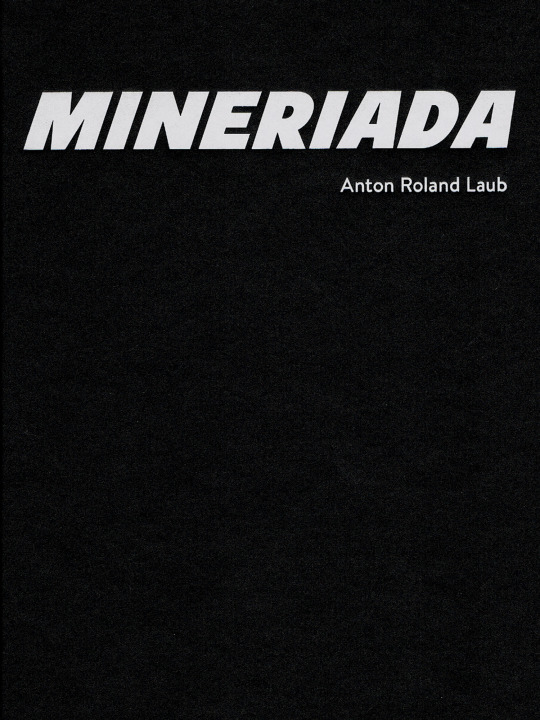
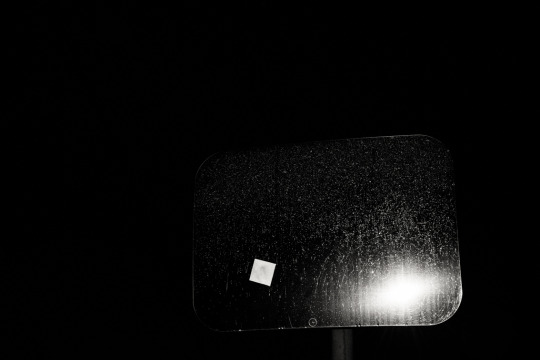
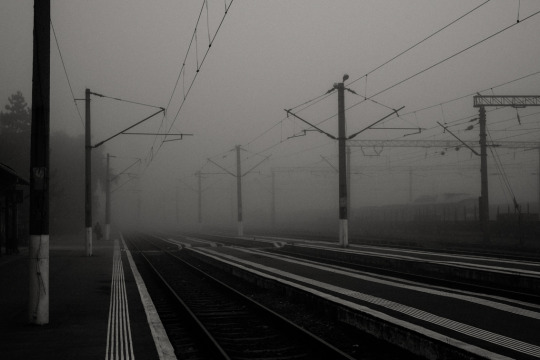
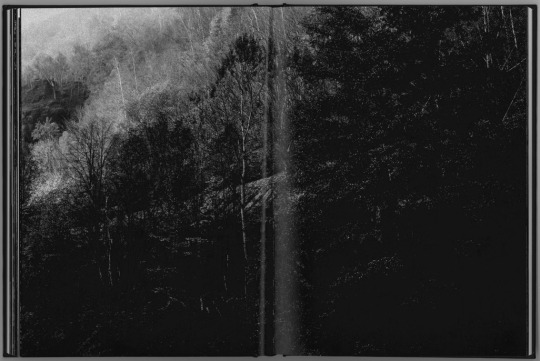
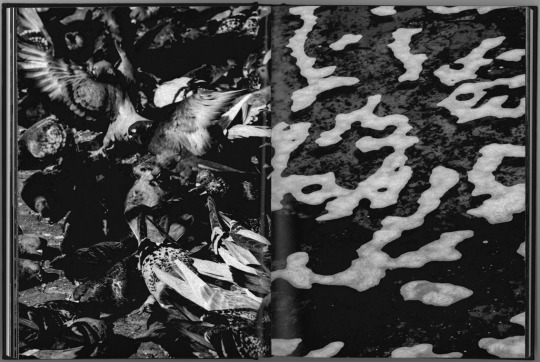
Following Mobile Churches and LAST CHRISTMAS (of Ceausescu), MINERIADA is the last part of my trilogy, published by Kehrer Verlag, Heidelberg. The monograph was realized with the support of the Visual Arts Research Stipend of the Senate Department for Culture and Europe, Berlin, and the Publication Grant of the Stiftung Kulturwerk, Bonn. In October 2023, the book was awarded the bronze medal in the Fine Art category of the 2023-24 German Photo Book Prize, and was on view at Städtische Galerie, Regensburg and Goethe-Institut, Hong Kong.
"Films move forward like trains in the night, says François Truffaut in Day for Night, making an incisive analogy between the long succession of train carriages passing through a dark landscape and the implacable forward motion of stories, which – in contrast to real life – tolerate no down time. One could say the same thing about memory – except that memory involves a backward motion: Its tension is directed towards an often uncertain past rather than a pre-determined dénouement. In the night, as in the clatter of memories, time loses its measurable and regular dimension. It jumps from one image to the next, mindless of the years that separate them; it manifests itself in sudden apparitions and accelerations. Memories surface without warning, deformed by their speed, transformed by virtue of inscrutable connections and bifurcations. Sometimes they derail; at any moment the past and the present may collide."
– from the essay Night Train by Sonia Voss
"Saturn Devouring his Son is one of Goya's Black Paintings. Saturn devours each of his new-born sons in an attempt to forestall a prophesy that one day he will be driven from his own kingdom by his son. […] Intergenerational cannibalism, as handed down through the myth of Saturn, throws its shadow on the mineriad, which brought hope for a democratic upheaval in Romania to an abrupt end. Under the guise of 'original democracy', the monster that destroys the hope for a new way of living turns out to be the old leadership obsessed by its efforts to maintain power. The shocking experience of the mineriad would ensure the continued existence of the old power elite. […] The events in Romania are not an isolated phenomenon. In the Romanian press, the brutal attack on the US Capitol on 6 January 2021 was likened to the mineriad."
– from the essay Saturn Devours its Children by Lotte Laub
'Mineriada' is a sarcastic term that combines the Romanian word ‘miner’ with the suffix ’-iada’ like in ‘olimpiada’ (Olympics), quasi, the Miner’s Olympics. As a teenager, I took part in the pro-European demonstrations and experienced some of the dramatic events myself.
MINERIADA addresses the societal division that led Romania into a decade of isolation. The starting point are ten Polaroids taken by my father depicting the devastation in Bucharest of June 1990. In a retrospective from Strasbourg, via Bucharest to Petrosani, the work examines the sites of the events and the unspoken trauma of physical violence, when thousands of instigated regime-loyal miners were brought in to the capital by trains and buses to brutally bludgeon students and the pro-European opposition.
Despite a verdict by the European Court of Human Rights in 2014, the aggressions of those days remain unresolved and the dead not atoned for. Based on research into justice discourses, MINERIADA addresses the latency of the suppressed past and raises awareness of recursive events, in a world that is again becoming increasingly polarized.
https://www.kehrerverlag.com/en/anton-roland-laub-mineriada
1 note
·
View note
Text
DO NOT. TALK ABOUT CANNIBALISM. ON MY DASH. PLEASE. NOT AGAIN.
20 notes
·
View notes
Text
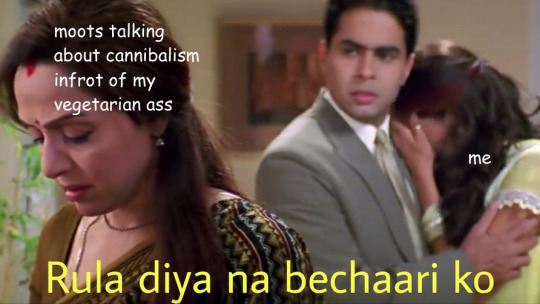
12 notes
·
View notes
Text
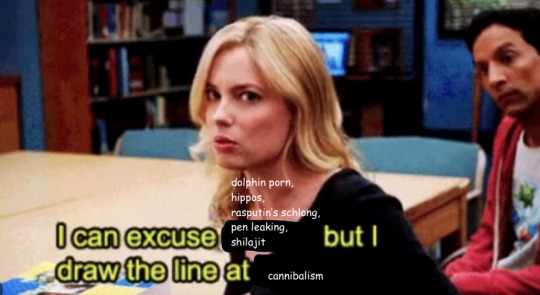
me rn:
3 notes
·
View notes